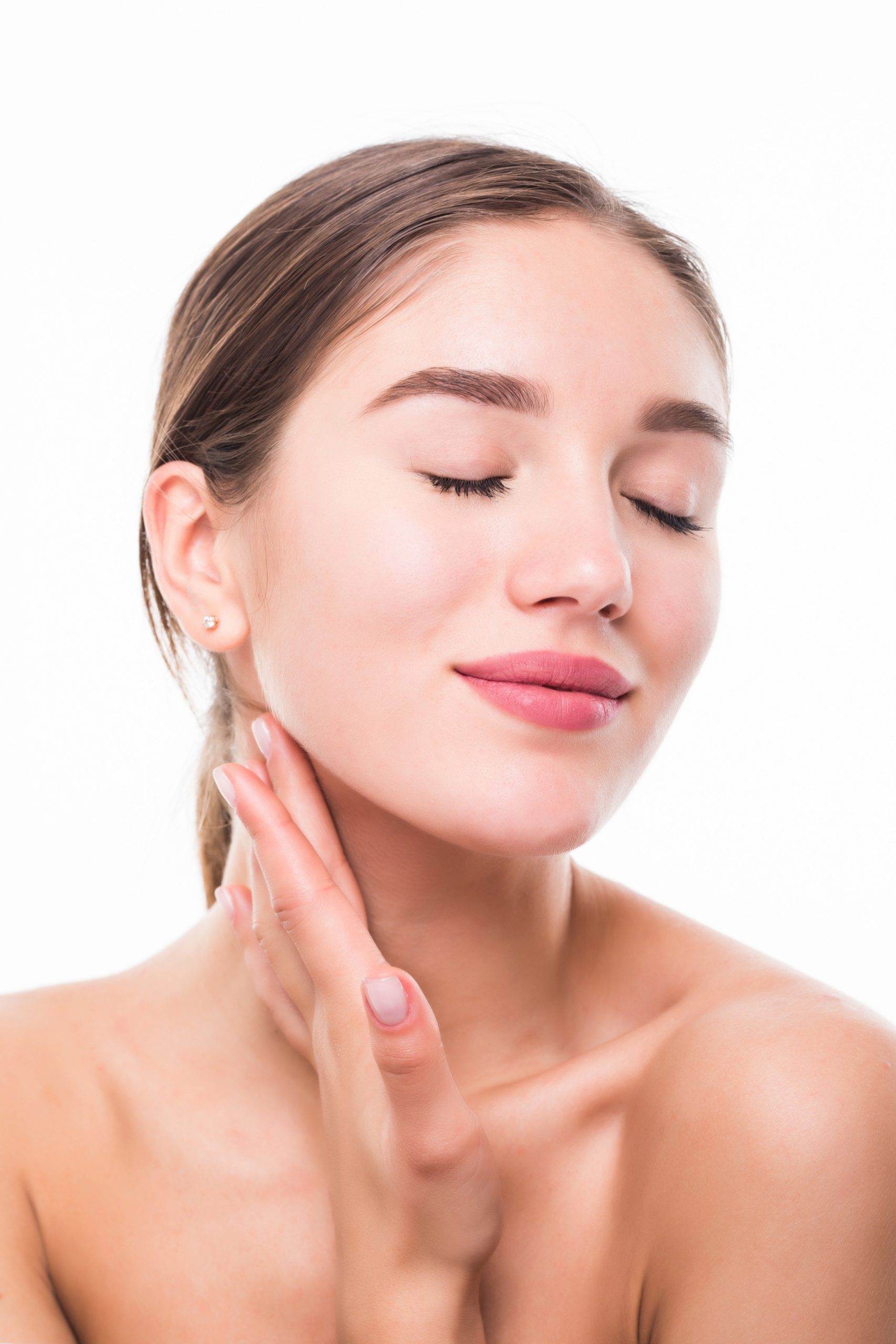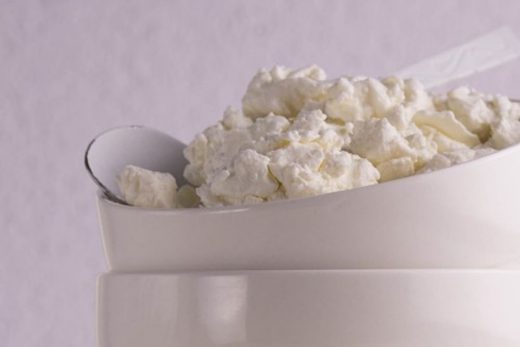- If you constantly experience itching, redness, crusting on your face, neck, scalp or around your eyes, be careful! A cosmetic product may be responsible for these complaints.
- Cosmetic products can cause discomfort in two different ways by causing eczema through skin irritation or allergies. Irritating eczema usually occurs when the skin is damaged by frequent and intensive use of a product.
- Skin cleaners, tonics, pore tightening agents, peeling masks, make-up removers are cosmetics that most often cause irritation eczema. This type of eczema starts with itching and redness, if not noticed and treated in time, it can even cause skin wounds. Allergic eczema can occur with a single use of a cosmetic product, even in small amounts.
- Usually itching and redness are accompanied by mild watering. The most common allergen-causing substances in the content of cosmetic products are the fragrances added to make the products smell beautiful, and the preservatives used to keep the products durable and durable for a long time. All kinds of cosmetic products such as perfumes, sunscreens, mascaras, eye shadows, hair dyes, hair creams, nail polishes can be the cause of allergies. If you think you have a cosmetic product allergy, you should consult a dermatologist immediately.
AVOID PARABENE
- Your doctor will recommend a ‘patch test’ after your treatment to find the substance that causes your allergy. However, it is not always easy to find the product that causes allergic eczema. A product you have been using for a long time without any problems may be causing allergies recently. Therefore, while trying to find the culprit product, you should include the products you have used for a long time to your suspect list. If you have a cosmetic allergy, try to use only the products recommended by your doctor. However, to avoid the risk of allergies in general terms and to reduce the effects of allergies, try your cosmetic products before you buy them.





